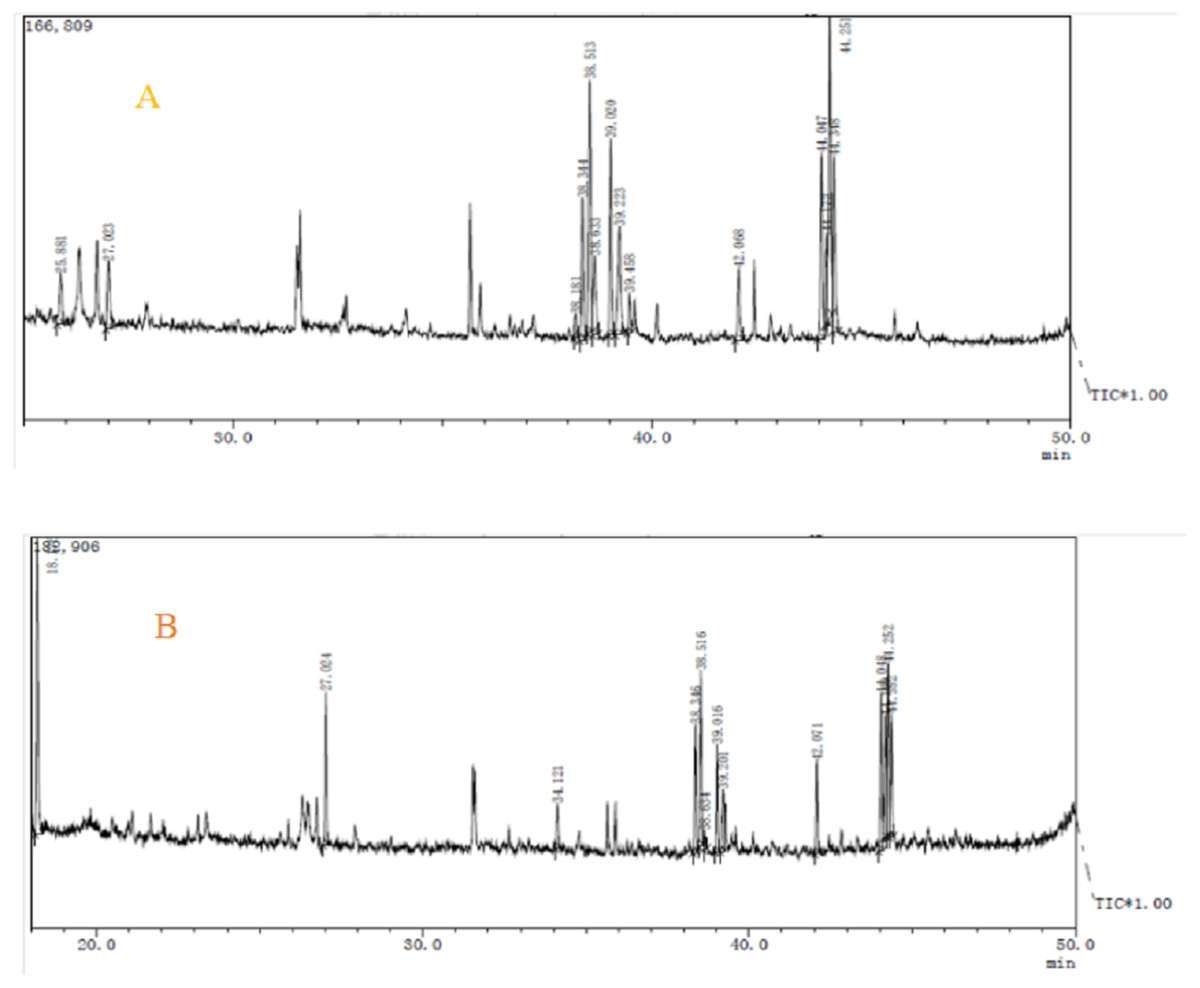By Oliver Griffin
BOGOTA, Nov eight (Reuters) — Theft from oil pipelines in Colombia is booming as criminal gangs look to exchange dwindling supplies of smuggled Venezuelan gasoline to be used within the drug commerce, as proven by data seen by Reuters from oil-pipeline operator Cenit and tax authorities.
Gasoline is a key part in making cocaine but there have been shortages of the gasoline https://www.reuters.com/world/americas/diesel-shortages-paralyze-venezuelan-farms-prompting-sanctions-debate-2021-05-19 in Venezuela throughout that country’s social and economic disaster. So criminal groups in Colombia are tapping pipelines for ever extra crude, which they must later refine. Colombian crime gangs https://www.reuters.com/world/colombias-clan-del-golfo-gang-network-extends-28-international locations-police-2021-11-03 also ship some of that artisanal gasoline to Venezuela, a reversal of historic smuggling patterns.
«Now it’s switched,» Yessica Prieto, project and investigations director of Colombian energy advocacy group Crudo Transparente, informed Reuters. «It’s … Colombian mafias, or criminal teams, who’re stealing Colombian crude, refining it illegally — clearly artisanally — and which crosses the border to Venezuela.»
Theft of crude in Colombia — mainly from the Cano Limon-Covenas pipeline close to the Venezuelan border — hit not less than a six-yr high in the primary half of 2021, in keeping with data from pipeline operator Cenit, a subsidiary of Colombia’s majority state-owned oil company, Ecopetrol.
Stolen oil is processed in clandestine refineries and turned into a rudimentary gasoline often known as «pategrillo» or «cricket’s foot» — so-known as for its inexperienced color — that is utilized in cocaine production, police and analysts stated.
A median of 3,299 barrels of oil had been being stolen per day in Colombia by June 30, up from 1,796 barrels per day in 2016, in response to Cenit.
Compared to 2020, fruit extract when an average of 2,744 barrels of crude had been stolen each day, oil theft in Colombia rose by a fifth throughout the primary half of this 12 months.
While oil theft has surged, the quantity of gasoline apprehended beneath suspicion of being smuggled has fallen sharply over the identical period, in keeping with information from Colombia’s DIAN tax authority seen by Reuters.
A peak of 694,894 gallons of fuel have been apprehended by authorities in five provinces along the border with Venezuela throughout 2017.
That figure fell to 107,616 gallons by 2020, in keeping with the DIAN. In the primary half of 2021, just 18,484 gallons of gas have been apprehended.
The DIAN attributed the fall in contraband gas to turmoil in Venezuela, where oil production and refining has fallen sharply, and the success of anti-smuggling laws.
Venezuela’s financial disaster «has pushed the move of hydrocarbons from Colombia to Venezuela,» the DIAN mentioned in an electronic mail.
The overwhelming majority of oil theft occurs along the Cano Limon-Covenas pipeline, with 2,430 barrels of crude stolen per day during the first half of 2021.
In 2020, 2,008 barrels of oil were stolen each day from the pipeline, Cenit mentioned.
Once refined, the stolen crude is used to make coca paste, a precursor to cocaine. If you have any inquiries pertaining to exactly where and how to use purple echinacea extract, you can get in touch with us at our own webpage. Leaves of coca are combined with gasoline to extract certain plant compounds, with gallons of gasoline required to make only one kilo.
Fuel could even be despatched to Venezuela or used for machines at unlawful mining websites, Colombia’s police mentioned.
«The primary use is to course of plant compounds during cocaine manufacturing,» Brigadier General Jesus Alejandro Barrera, director of Colombia’s rural police, informed Reuters.

«Once (criminal groups) noticed they could not bring gasoline immediately from Venezuela, they stated ‘let’s use this pategrillo as an ingredient to make these compounds.'»
Repairing damage to Cano Limon-Covenas attributable to illicit valves — used to steal oil — and bombings by the left-wing ELN guerrillas price 42 billion pesos, practically $eleven million, in 2020, said Cenit’s vice-president of pipelines, Sandra Milena Orozco.
